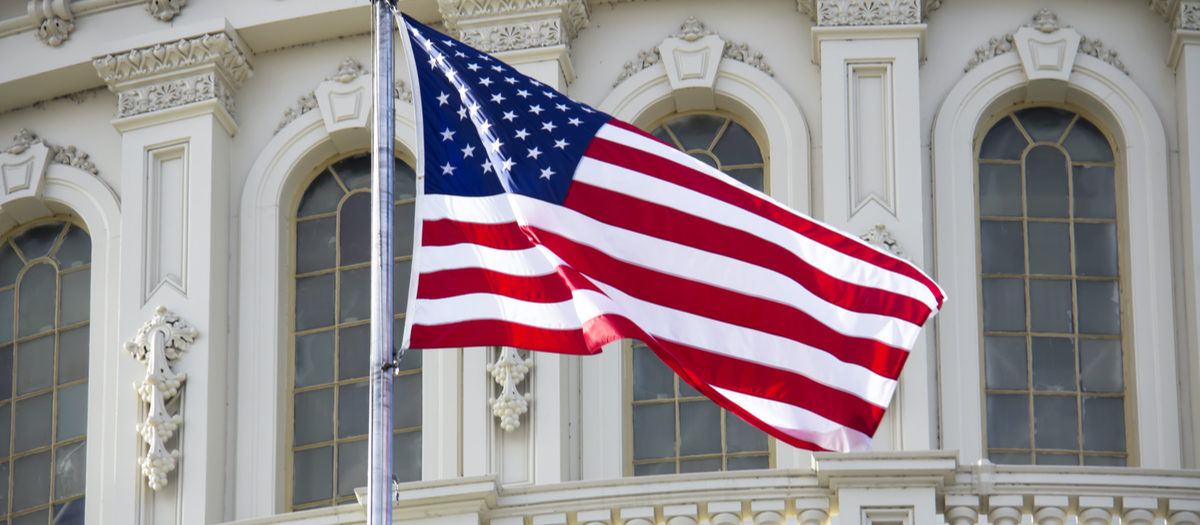
Alternative Treatment for First-Time Drug Offenders in D.C.
With first-time offender treatment in D.C. generally restricted to marijuana possession, prosecutors frequently offer consideration under Section 48-904.01(e) of the D.C. Code as an alternative to taking a case to trial. Depending on the case, treatment under the Section can in fact be the preferred option for people charged with first-time possession of cocaine and other illegal drugs.
However, unlike most diversion programs, treatment under the section requires the defendant to plead guilty. The defendant can also challenge the case at trial and still qualify for treatment under this section. The major benefit of the section is that, because the court affords the defendant an opportunity to complete a period of probation before entering the guilty plea or verdict, the defendant can emerge from the process without a conviction on his/her record.
It is illegal to “knowingly or intentionally” possess a controlled substance in D.C. without a valid prescription. “Controlled substances” are grouped into one of five “schedules” depending on the potential for abuse. Schedule I includes those substances (e.g., LSD and certain opiates) for which the legislature has determined that there is a high potential for abuse and no accepted medical use in treatment. Schedule II includes substances (e.g., oxycodone, amphetamines, PCP, and some opiates) for which there is a high potential for abuse and only severely restricted uses in medical treatment. And so on to Schedule V. which covers controlled substances with a low potential for abuse, many uses in medical treatment, and low potential for physical or psychological dependence.
Simple possession of a controlled substance in D.C. is a misdemeanor, with a maximum penalty for a first conviction of 180 days of incarceration and a $1000 fine. The maximum penalty for a second or subsequent conviction is double that.
People charged with drug possession for the first time are eligible for treatment under Section 48-904.01(e). Specifically, for people who either plead guilty or who are found guilty after challenging the charge at trial, the court can in its discretion defer entering a judgment of guilty into the record to allow the defendant to complete a period of probation not to exceed 12 months. The charge is automatically dismissed if the defendant successfully completes the probation. (The court also has discretion to dismiss the charges earlier.) If, however, the defendant violates any condition of the probation, the court may enter an adjudication of guilt and the defendant will end up with a conviction on his record.
Upon dismissal of the charges, the defendant may apply to the court for an order to expunge all records associated with the charge. (The court will retain a non-public record to prevent the defendant from receiving similar treatment in the future.) If granted, the effect of the petition will be to restore the defendant to the position he or she occupied before the arrest. In other words, the person will be able to truthfully deny that he/she has ever been arrested or charged before.
